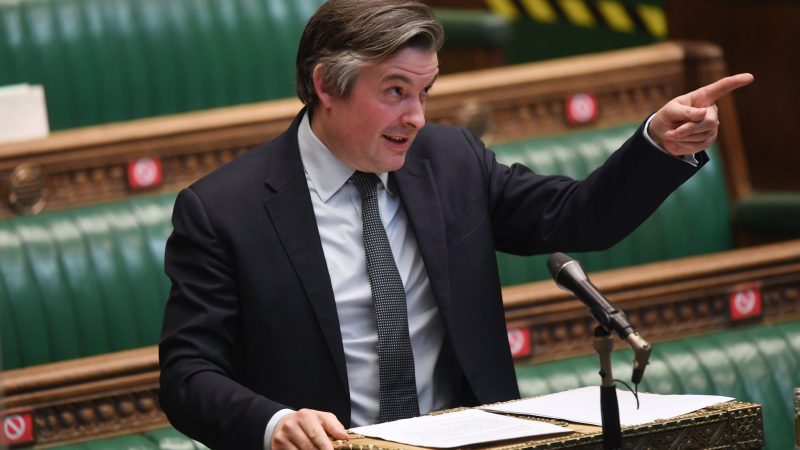
Today, April 7th, marks World Health Day. After a year unlike any we’ve experienced before, it is a timely moment to reflect on the relationship between the environment and our health.
The pandemic we are currently living through occurred after a coronavirus jumped from another mammal to ourselves. This event has completely changed how we live our lives and there can be no clearer demonstration of how intimately our own health is linked to the health of other species and our planet as a whole.
Unfortunately, we know that this was not a one-off. International experts like US chief medical adviser Dr Anthony Fauci and Professor Peter Piot from the London School of Hygiene and Tropical Medicine have warned that we are in an era of pandemics, brought about by humanity’s treatment of the natural world.
The effects of climate change and environmental exploitation are clear. Every minute, forests the size of 35 football pitches are destroyed. Less than 10% of the earth’s land surface can now be said to be ‘natural’ and since 1970, the majority of the world’s wild land animals have been wiped out.
This dangerous reduction in biodiversity threatens not only the species that we share the planet with, but also our own health. The dramatic loss of host species has forced many parasites to look for alternative hosts – either livestock or humans. Deforestation and intensive agriculture are also leading to increased contact between humans and animals, making it easier for pathogens to pass between them, causing disease ‘spillover’ events.
Rising temperatures and annual rainfall resulting from climate change is widening the distribution of disease-carrying animals such as malarial mosquitoes, and increased urbanisation and international travel serve only to accelerate the pace at which infections can spread.
Now, 75% of emerging infections in human populations have come from animals and future outbreaks of new diseases are likely. Viruses even more deadly or contagious than Covid-19 could make the jump.
In fact, the connection runs deeper than infectious disease emergence alone. Global plant life provides the clean air we breathe, and scientists believe the natural world harbours undiscovered cures for cancer and other life-threatening diseases. Biodiversity also provides the security we need in our food supplies, by strengthening agricultural resilience to shock and stresses that can cause crops to fail.
Continued negligence puts us all in danger. The future of our health depends on the future of our planet, and we must do better to protect nature to prevent another devastating pandemic. We need policies that better address this fundamental relationship. While it is critical to support the foundations of medical science, public health and healthcare in the UK, this is not a threat that we can face alone.
The government’s decision to cut overseas aid will have a disastrous effect on many countries on the frontline of the climate emergency, which are among the world’s poorest. It undermines our role as hosts of COP26, as well as our international standing and moral authority.
We need to invest in the global infrastructure needed for prevention and the UK must show leadership at the G7, COP26 and G20, internationally forming alliances to make the world a safer place for the future. We should lead by example, showing that we take the threat of future pandemics seriously, by putting population health at the centre of all policies and prioritising a green recovery from the Covid crisis.
By taking a ‘one health’ approach, we can collaborate locally, nationally, and globally, to address common threats and attain optimal health for people, animals and our environment through initiatives such as the sustainable development goals.
I am confident that by working together across sectors in this way, we will strengthen the resilience of our social, ecological and economic ecosystems and ensure we are better prepared for the future. Put simply, by working together to take care of nature, we will ensure that nature can continue to take care of us.




More from LabourList
‘Ukraine is Europe’s frontier – and Labour must stay resolute in its defence’
Vast majority of Labour members back defence spending boost and NATO membership – poll
‘Bold action, not piecemeal fixes, is the answer to Britain’s housing shortage’